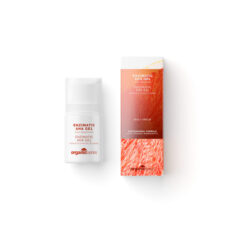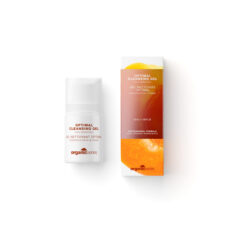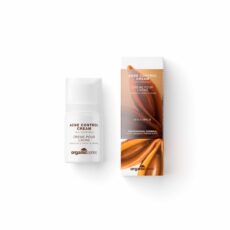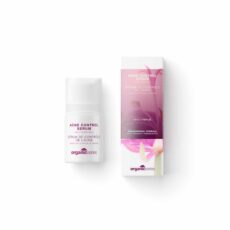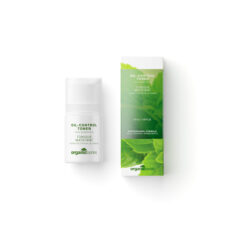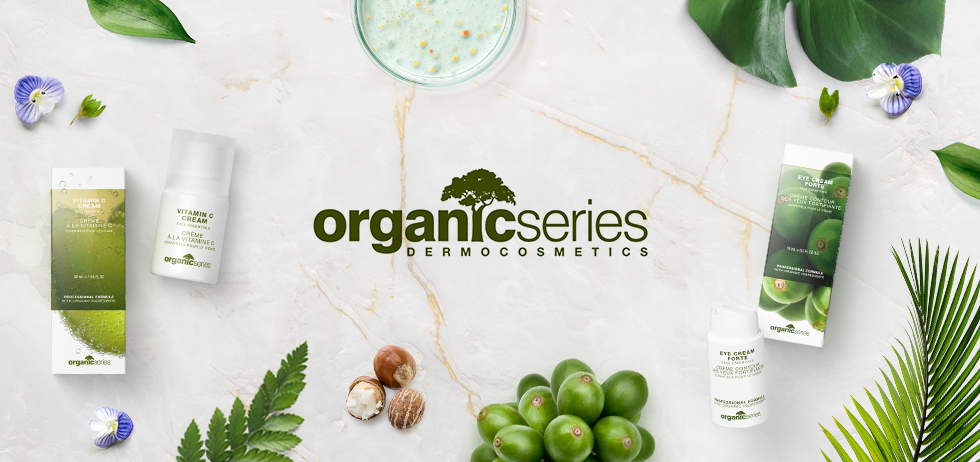Acne in Pregnancy
Acne in pregnancy: Pregnancy brings many changes to a woman’s body, including hormonal shifts that can often lead to acne. Managing acne during pregnancy can be challenging, as many conventional acne treatments are not safe for use during this time. However, with the right approach, it is possible to maintain clear skin without compromising the health of your baby. Here are 10 best tips for fighting acne during pregnancy, ensuring both safety and effectiveness.
1. Use Gentle Cleansers
Why It’s Important
Pregnancy can make your skin more sensitive, so it’s essential to use a gentle cleanser that won’t irritate your skin or exacerbate acne.
How to Implement
- Choose Mild Formulas: Opt for fragrance-free, non-comedogenic cleansers designed for sensitive skin.
- Avoid Harsh Ingredients: Steer clear of cleansers with strong acids or alcohols, which can dry out and irritate your skin.
- Consistency: Cleanse your face twice a day—morning and night—to remove dirt, oil, and impurities without over-stripping your skin.
2. Incorporate Natural Remedies
Why It’s Important
Natural remedies can provide effective acne treatment without the potential risks associated with certain synthetic chemicals.
How to Implement
- Tea Tree Oil: Known for its antibacterial properties, tea tree oil can be used as a spot treatment. Dilute it with a carrier oil to avoid irritation.
- Honey Masks: Honey has natural antibacterial and anti-inflammatory properties. Apply a thin layer of raw honey as a mask once or twice a week.
- Aloe Vera: Aloe vera soothes and hydrates the skin. Use pure aloe vera gel on inflamed areas.
3. Stay Hydrated
Why It’s Important
Hydration is crucial for overall skin health. Proper hydration helps to maintain skin elasticity and flush out toxins that can contribute to acne.
How to Implement
- Drink Plenty of Water: Aim for at least 8-10 glasses of water a day.
- Herbal Teas: Consider adding herbal teas, like chamomile or peppermint, which are safe during pregnancy and can have additional skin benefits.
- Limit Caffeine: While moderate caffeine intake is usually safe, excessive amounts can dehydrate your skin.
4. Moisturize Regularly
Why It’s Important
Keeping your skin hydrated helps to maintain its barrier function and can prevent overproduction of oil, which can lead to acne.
How to Implement
- Choose the Right Moisturizer: Use a non-comedogenic, fragrance-free moisturizer suitable for your skin type.
- Daily Application: Apply moisturizer twice daily after cleansing and any treatments.
- Hydrating Ingredients: Look for moisturizers with ingredients like hyaluronic acid, glycerin, and ceramides.
5. Adopt a Healthy Diet
Why It’s Important
Your diet can significantly impact your skin’s health. Eating nutrient-rich foods can help manage acne by reducing inflammation and providing essential vitamins and minerals.
How to Implement
- Focus on Whole Foods: Incorporate plenty of fruits, vegetables, lean proteins, and whole grains into your diet.
- Avoid High-Glycemic Foods: Limit your intake of sugary and processed foods, which can spike insulin levels and potentially worsen acne.
- Omega-3 Fatty Acids: Include sources of omega-3s, such as salmon, walnuts, and flaxseeds, which can help reduce inflammation.
6. Use Safe Topical Treatments
Why It’s Important
Many acne treatments contain ingredients that are not recommended during pregnancy. It’s essential to choose safe, effective options.
How to Implement
- Azelaic Acid: Consider using azelaic acid, which is generally considered safe during pregnancy and helps reduce inflammation and bacteria.
- Sulfur-Based Products: Sulfur is effective in treating acne and is safe for use during pregnancy.
- Avoid Retinoids and Salicylic Acid: These common acne treatments can be harmful during pregnancy and should be avoided.
7. Manage Stress Levels
Why It’s Important
Stress can exacerbate acne by increasing the production of certain hormones that stimulate oil glands.
How to Implement
- Relaxation Techniques: Practice stress-reducing techniques such as yoga, meditation, and deep-breathing exercises.
- Adequate Sleep: Ensure you are getting enough rest. Aim for 7-9 hours of sleep per night to help your body manage stress.
- Physical Activity: Engage in regular, moderate exercise to help reduce stress and promote overall well-being.
8. Be Mindful of Makeup
Why It’s Important
Certain makeup products can clog pores and worsen acne. Choosing the right products can help prevent breakouts.
How to Implement
- Non-Comedogenic Products: Use makeup labeled as non-comedogenic, meaning it won’t clog pores.
- Mineral Makeup: Opt for mineral-based makeup, which is generally lighter and less likely to cause acne.
- Remove Makeup Thoroughly: Always remove your makeup before going to bed to allow your skin to breathe and regenerate overnight.
9. Consult Your Dermatologist
Why It’s Important
A dermatologist can provide personalized advice and treatment options that are safe during pregnancy.
How to Implement
- Regular Check-Ups: Schedule appointments with your dermatologist to monitor your skin’s condition and make necessary adjustments to your routine.
- Discuss Treatments: Talk about any topical treatments or medications you are considering to ensure they are safe for pregnancy.
- Stay Informed: Keep up with the latest research and recommendations on pregnancy-safe skincare.
10. Be Patient and Consistent
Why It’s Important
Acne treatment takes time, and consistent care is key to seeing improvements.
How to Implement
- Stick to Your Routine: Follow your skincare regimen diligently, even if results aren’t immediate.
- Adjust as Needed: Pay attention to how your skin responds and make adjustments as necessary, but avoid switching products too frequently.
- Patience: Understand that skin changes during pregnancy are common and often temporary. Give your routine time to work and your skin time to adjust.
Conclusion
Managing acne during pregnancy requires a gentle, mindful approach that prioritizes both skin health and the safety of your baby. By following these 10 tips, you can effectively combat acne while ensuring that your skincare routine is safe and effective. Remember, consistency and patience are key to achieving and maintaining clear skin during this unique and transformative time.
Expert recommendation
Organic Series Serum for Acne in Pregnancy
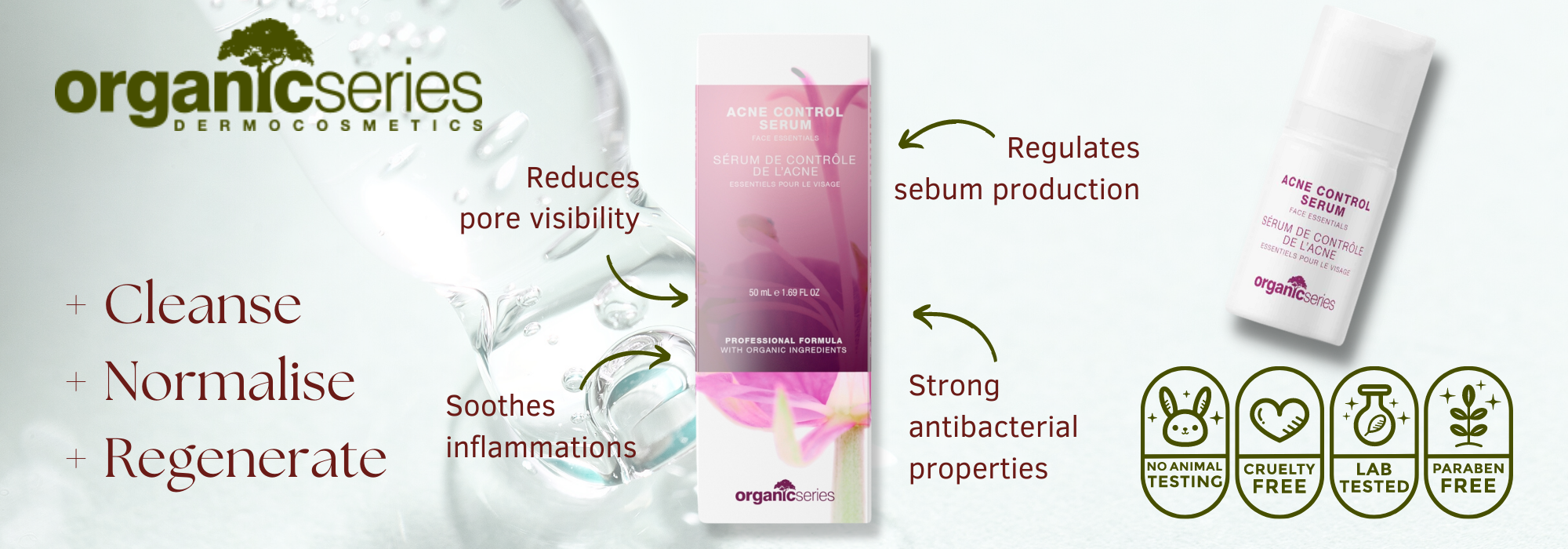
Benefits
- Intensive antibacterial properties.
- Regulates sebum production.
- Reduces pores visibility.
- Soothes inflammatory lumps.
- Leaves skin looking radiant, smooth, regenerated and perfectly moisturised.
- Alleviates redness, irritation and inflammation.
How to use
After cleansing and toning the skin, apply one dose of the organic acne serum to the face and neck. Massage gently in circular motions until completely absorbed. Use regularly with Organic Series Acne Control Cream.
Active ingredients
- Glycerine – moisturises
- MG – 60 Corn Syrup – moisturises strongly, improves firmness and flexibility, soothes irritation.
- Trehalose – strongly moisturises, protects the skin from harmful external factors.
- Canadian Willowherb – normalises the sebaceous glands by inhibiting 5-α-reductase enzyme and Propionibacterium acnes activity. Has anti-inflammatory, antioxidant, soothing and alleviating effects.
- Green Tea Extract – shows antiradical, anti-inflammatory, photoprotective, anti-aging effects, reduces the formation of erythema.
- Sodium PCA – the sodium salt of pyroglutamic acid – moisturises, reduces transepidermal water loss TEWL. Occurs in the skin as a component of natural moisturiser.
- Tazman Pepper – has an anti-inflammatory effect, reduces swelling, soothes, relieves itching and burning. Regenerates, has anti-allergic, antibacterial effects, neutralizes free radicals, strengthens blood vessels.
- Oliglycan – prevents the formation of acne, regulates the sebaceous glands and the amount of sebum secreted. Remineralises the skin, shows antibacterial and disinfectant effects. Anti-inflammatory, neutralises free radicals, regenerates, moisturises, firms.
- Copper PCA – copper pyroglutamate – stimulates collagen synthesis, regenerates. Prevents scars, has slightly exfoliating properties, moisturises, smoothens, firms.
- Zinc PCA – has anti-aging, antibacterial and anti-inflammatory effects. Regulates the amount of sebum, soothes acne conditions.
Ingredients
Aqua, Lavendula Angustifolia Flower Water, Rosmarinus Officinalis Leaf Water, Rosa Damascena Flower Water, Glycerin, Maltooligosyl Glucoside / Hydrogenated Starch Hydrolysate, Sodium Polyacrylate Starch, Trehalose, Epilobium Angustifolium Flower / Leaf / Stem Extract, Camellia Sinensis Leaf Extract, Sodium PCA, Tasmannia Lanceolata Fruit Extract, Tremella Fuciformis (Mushroom) Extract, Lentinus Edodes Extract, Copper PCA, Zinc PCA, Benzyl Alcohol, Dehydroacetic Acid, Tetrasodium Glutamate Diacetate.
Hazards and Cautions
Store in a dry, dark and cool place. Keep out of reach of children
More inspiration
Follow Organic Series UK on instagram and facebook
Frequently asked questions
Is face serum good for acne? Is serum good for acne? Do serums help with acne? – A serum can be very helpful i fighting acne – it’s best to choose a professional organic acne serum at Organic Series which has scientifically proven results and very valuable ingredients!
What serum for acne? What serum to use for acne scars? What serums are good for acne? What serum should I use for acne? What serum to use for acne? – When looking for a serum for acne always look for high content of active ingredients and products with scientifically proven results. This is why it’s always the best idea to use Organic Series professional dermocosmetics – organic, vegan and high performance. Our Organic Acne Serum will help you fight acne and restore a smooth and glowing look.
Acne in Pregnancy By Organic Series
-
-
-
Organic Acne Cream | Acne Control Cream By Organic Series | 15ml, 50ml, 200ml
From £ 12.00Rated 4.75 out of 504 reviews -
Organic Acne Serum | Acne Control Serum By Organic Series | 15ml, 50ml, 200ml
From £ 12.00Rated 4.75 out of 504 reviews -
Toner for Oily Skin | Oil-Control Toner By Organic Series | 50ml, 200ml
From £ 24.00Rated 5.00 out of 501 review
Maria
All Author Posts

